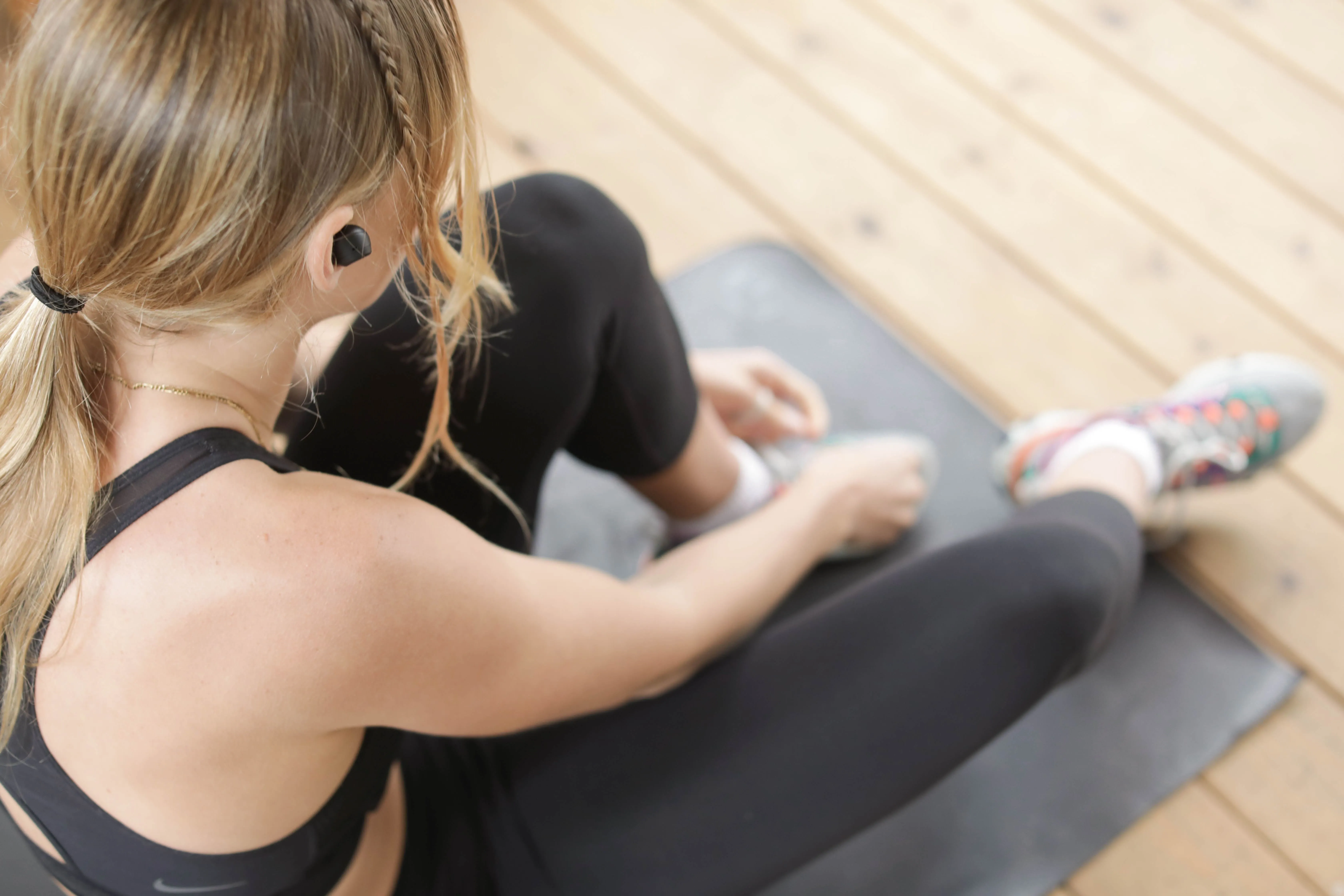
When it comes to improving physical fitness, burning calories, and even boosting mental wellbeing, few activities are as straightforward and accessible as running. All you need is a pair of shoes and the motivation to move one foot in front of the other. Yet, starting out can seem daunting to true beginners.

If you’ve been inspired to lace up your running shoes and hit the road, that’s fantastic! This article will provide a wealth of advice on how to get started, stay motivated, and progress your way from a jogging newbie to an accomplished runner.
Choosing the Right Gear
Although running doesn’t require a lot of equipment, the right running shoes are crucial. They can make the difference between an enjoyable, injury-free run and discomfort. When you’re selecting your running shoes, prioritize comfort above everything else. A running specialty store is a good place to find the shoes that fit you best.
Comfortable, breathable clothing is a must, too. There’s no need to invest in the most expensive gear at first. A good pair of athletic shorts or leggings, a moisture-wicking top, and sets of suitable socks are often enough.
Pre-Run Prep: Warm Up and Stretching
Warming up is essential, as it prepares your body for the effort to follow. Five to ten minutes of brisk walking or easy jogging will gradually raise your heart rate, increase blood flow to your muscles, and will help to limber up your joints.
After warming up, do a bit of dynamic stretching. These exercises—like heel kicks, high knees, or lunges—will provide additional preparation for your running muscles.
Following a Running Program
If you’re an absolute beginner, it can be beneficial to follow a structured running program. For new runners, a run/walk program can be a great start. It allows your body to adapt gradually to running, minimizing the risk of injury or burnout.
One popular method is the Couch to 5K (C25K) program. It’s an eight-week plan that incorporates running and walking, with the proportion of running gradually increasing each week.
Listen to Your Body
Running can be uncomfortable at times, and a bit of breathlessness or muscle soreness is natural. However, sharp pain, pronounced shortness of breath, or feeling dizzy are signs that you need to slow down or stop. Don’t be discouraged if you have to take a break—it’s far better to rest now than to risk injury.
Keep Hydrated and Maintain a Balanced Diet
Remember to keep yourself well-hydrated when running, not just during the activity but throughout the day. Also, maintaining a balanced diet rich in complex carbohydrates, healthy proteins, and fruits and veggies will provide the necessary fuel for your running.

Be Consistent
Patience and consistency are key in running. You’re not going to become an expert overnight. It’s better to do shorter runs more often rather than trying to do too much at once and then having to rest for several days.
Enjoy running
Most importantly, make sure you enjoy running. It should feel like a fun pastime, not an obligatory chore. Run at your own pace, choose attractive routes, and find a running buddy if possible. Happy running!




